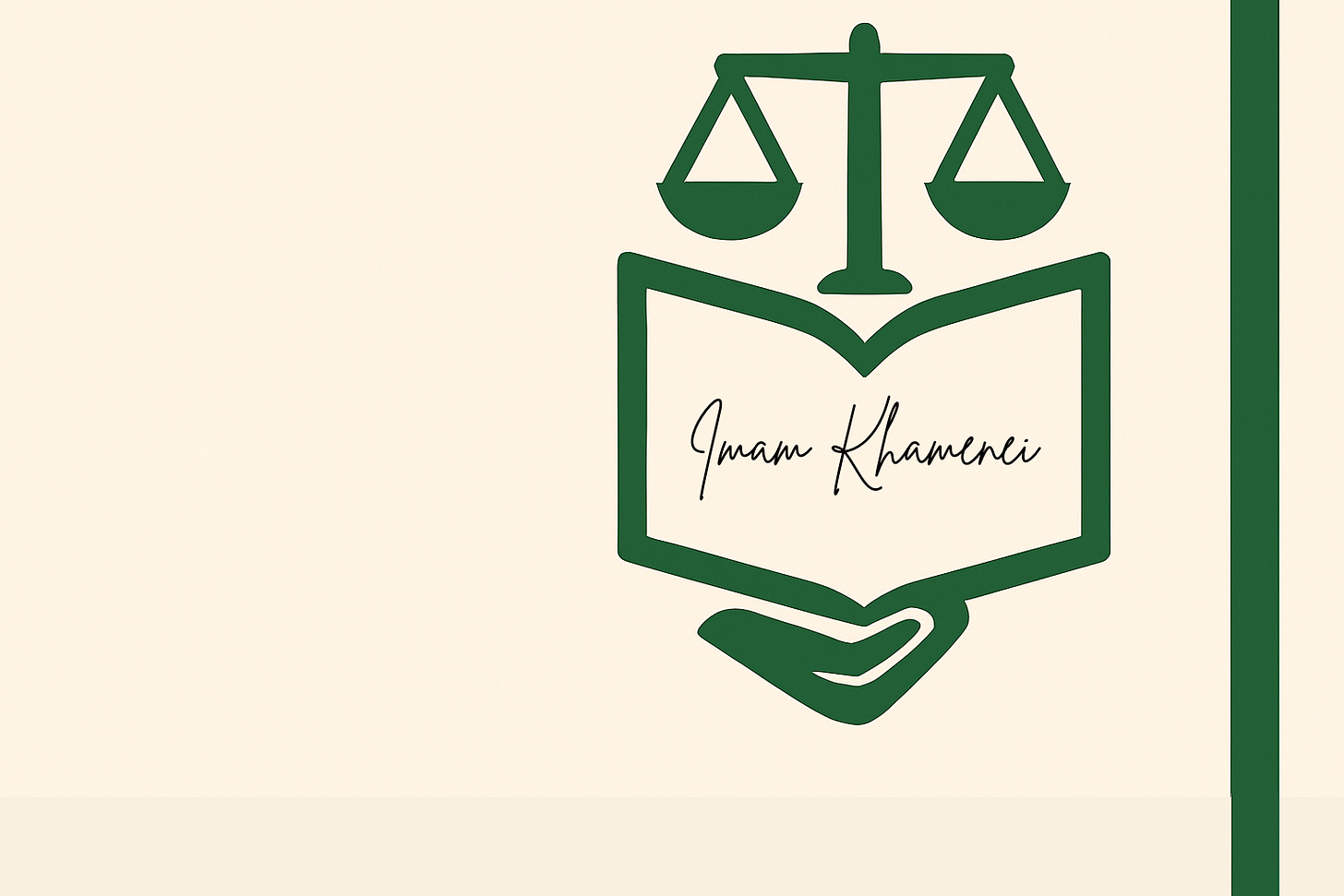Leaving a Will: Executing a Will When Actual Property Size Differs from What Was Stated
Practical Laws of Islam as per the teachings of Imam Khamenei
Leaving a Will: Executing a Will When Actual Property Size Differs from What Was Stated
English:
Question #1856:
A testator has stipulated in his will that all his property, including three hectares of fruit groves, was subject to muṣālaḥah, thus after his death: Two hectares should go to some of his children, and one hectare allocated to the special provisions he has made for himself. However, after his death, it transpired that the total area of the groves is less than two hectares.
Should the instructions, he outlined in his will stand as they are, or should they be treated in a general sense, i.e. a will concerning his estate after his death? And after the discovery that the area of the groves is less than two hectares, should they be allocated to his children, thus making the provision of the one hectare redundant, or should the matter be tackled differently?
Answer #1856:
Unless it is ensured that, during his lifetime, the muṣālaḥah was materialized in a valid way, in that both the benefactor and the beneficiary had agreed to the muṣālaḥah, the instructions contained in the will would be treated as a will [in a general sense].
Accordingly, the provisions he made in the will with regard to the shares of the fruit groves for his children and himself should only be applicable to one third of the entire estate. Anything in excess of the one-third share is dependent on the permission of the inheritors. If such permission is not forthcoming, the excess amount would be treated as inheritance for them.
-Imam Khamenei, Practical Laws of Islam, Importance and Conditions of Leaving a Will


